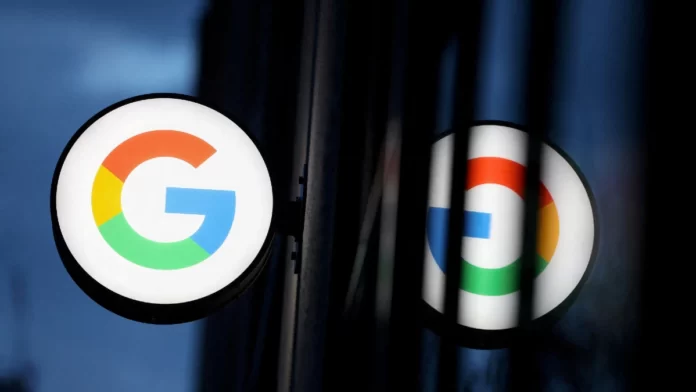Google announced on Friday it is suing the U.S. Consumer Financial Protection Bureau (CFPB) over its decision to place Google Payment Corp., the company’s payment arm, under federal supervision.
“This is a clear case of government overreach involving Google Pay peer-to-peer payments,” said Google spokesperson Jose Castaneda. “This service never raised risks and is no longer provided in the U.S. We are challenging it in court.”
The CFPB said the supervision order was based on nearly 300 consumer complaints about fraud, scams, and unauthorized transactions. “Our decision does not claim wrongdoing, but these complaints indicate possible failures in handling issues like erroneous transfers,” stated a CFPB representative.
Google’s lawsuit argues that the regulator relied on “a small number of unsubstantiated complaints” about a product no longer available. “As a matter of common sense, a product that no longer exists is incapable of posing such risk,” read Google’s court filing.
The CFPB declined to comment on the lawsuit directly but cited its recent move to apply bank-level supervision to tech companies offering financial services. “These steps are part of ensuring consumer safety in a rapidly changing financial sector,” the agency said earlier this month.
Google’s legal challenge comes during heightened regulatory scrutiny of Silicon Valley firms under President Joe Biden’s administration. Republican lawmakers have called on the CFPB to halt rulemaking as Biden’s term ends, but the agency has continued.
“The regulator’s move could be reversed after the administration changes,” noted a legal expert, referring to President-elect Donald Trump, who takes office in January. The lawsuit signals ongoing tension between regulators and tech firms expanding into financial services.




